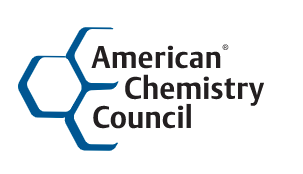Chemycal has been acquired by 3E
Learn MoreChemycal has been acquired by 3E
Learn MoreDiscover how Chemycal PRO helps you boosting your regulatory monitoring:

he American Chemistry Council’s (ACC) Formaldehyde Panel has issued a statement addressing the U.S. Environmental Protection Agency’s (EPA) Human Studies Review Board’s (HSRB) critique of the EPA's draft formaldehyde assessment. The assessment is intended to form the basis for future formaldehyde standards under the Toxic Substances Control Act (TSCA) and Federal Insecticide, Fungicide, and Rodenticide Act (FIFRA).
In its review, the HSRB has expressed several concerns regarding the EPA's approach to assessing scientific evidence related to formaldehyde. The HSRB report has called for greater coordination between various EPA peer review bodies and raised questions about the validity of the EPA's draft IRIS formaldehyde assessment.
Specifically, the HSRB report recommends the use of exposure levels from chamber studies instead of observational studies, referencing authoritative bodies like the World Health Organization and European Union that have employed similar methods. The HSRB also suggested clarifying the characterization of sensory irritation as an 'adverse' effect.
Additionally, the HSRB emphasized the need for a more coordinated approach with other entities such as the National Academies of Sciences, Engineering, and Medicine (NASEM) and EPA’s Science Advisory Committee on Chemicals, as well as consultations with other state and federal agencies involved in formaldehyde guidance and regulations.
The ACC’s Formaldehyde Panel commended the HSRB for its independent and transparent peer review process and urged the EPA to fully consider and implement the HSRB's recommendations to ensure regulatory decisions are based on the best available science.
This development follows a contrast with the recently released NASEM report, which did not consider alternative interpretations of scientific information relevant to the draft assessment.
Formaldehyde is subject to extensive regulation for the protection of human health and the environment. The ACC and policymakers emphasize the importance of making regulatory decisions based on all available science.
MORE INFO ON www.americanchemistry.com
2013 © MyChemicalMonitoring. ALL Rights Reserved. About Us | Terms and Conditions